Oils and fats are not only an outstanding source of energy but are vital for the transport and take-up of vitamins A, D, E and K. They can be used as food supplements, flavour enhancers for dry food and of course as an additional energy source for active dogs. It is important for canine nutrition to contain both animal and vegetable fats.
Oils vary in terms of their content of certain fatty acids, which have various functions to promote health. Salmon oil, for example, is a superb source of Omega-3 fatty acids, which improve the dog's immune system. What is even more important is that it is a source of EPA and DHA fatty acids. These acids are a special feature of the fats of marine creatures and do not occur in other types of raw fats. The addition of EPA and DHA acids is important on account of their inflammation-inhibiting properties. Furthermore, DHA is essential for the development of nerve tissue and of the retina as well as promoting learning ability.
Tropical Germany takes over LED brand Daytime
The German aquarium company Tropical Heimtierbedarf is taking over the ailing company Waltron with the LED brand Daytime. This was …
Vital for skin and coat
What makes vegetable oils such as linseed, rapeseed or pumpkin special? From a nutritional physiological viewpoint, they are a source of Omega-6 fatty acids for dogs. These are the fatty acids that aid skin condition and coat quality. The addition of vegetable oils makes the coat glossy and has a positive impact of the elasticity of the hair. In addition, Omega-6 fatty acids are essential for the production of ceramides, the intercellular "filler" that plays a key role in maintaining the impermeability of the skin barrier.
In TropiDog, Tropical currently offers three oils: salmon oil, salmon with linseed oil and rapeseed oil, enriched with linseed and pumpkin seed oil. The range will shortly be enhanced with linseed oil and milk thistle oil, which is ideal for strengthening very sensitive skin.

 Menü
Menü

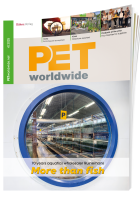



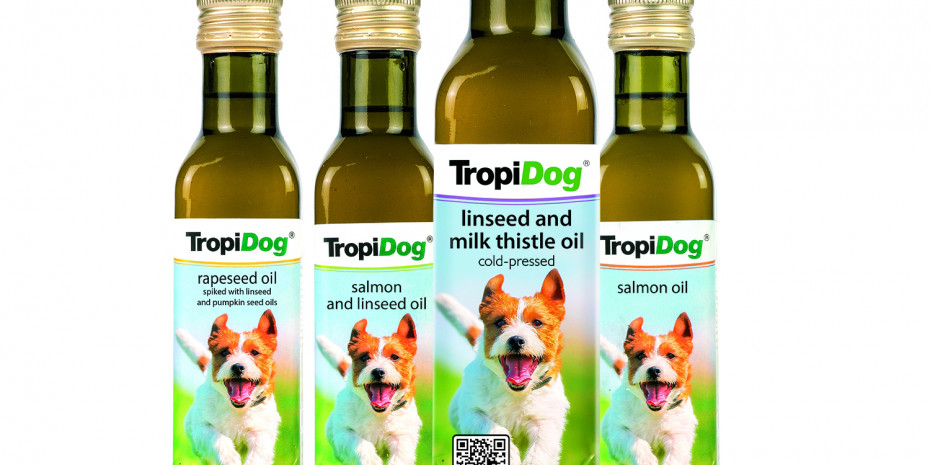


 3/2021
3/2021


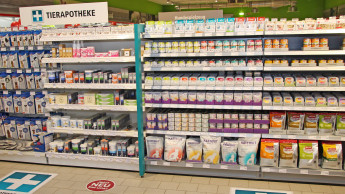


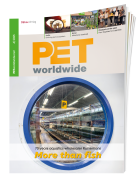





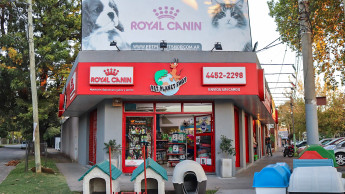

 Newsletter
Newsletter